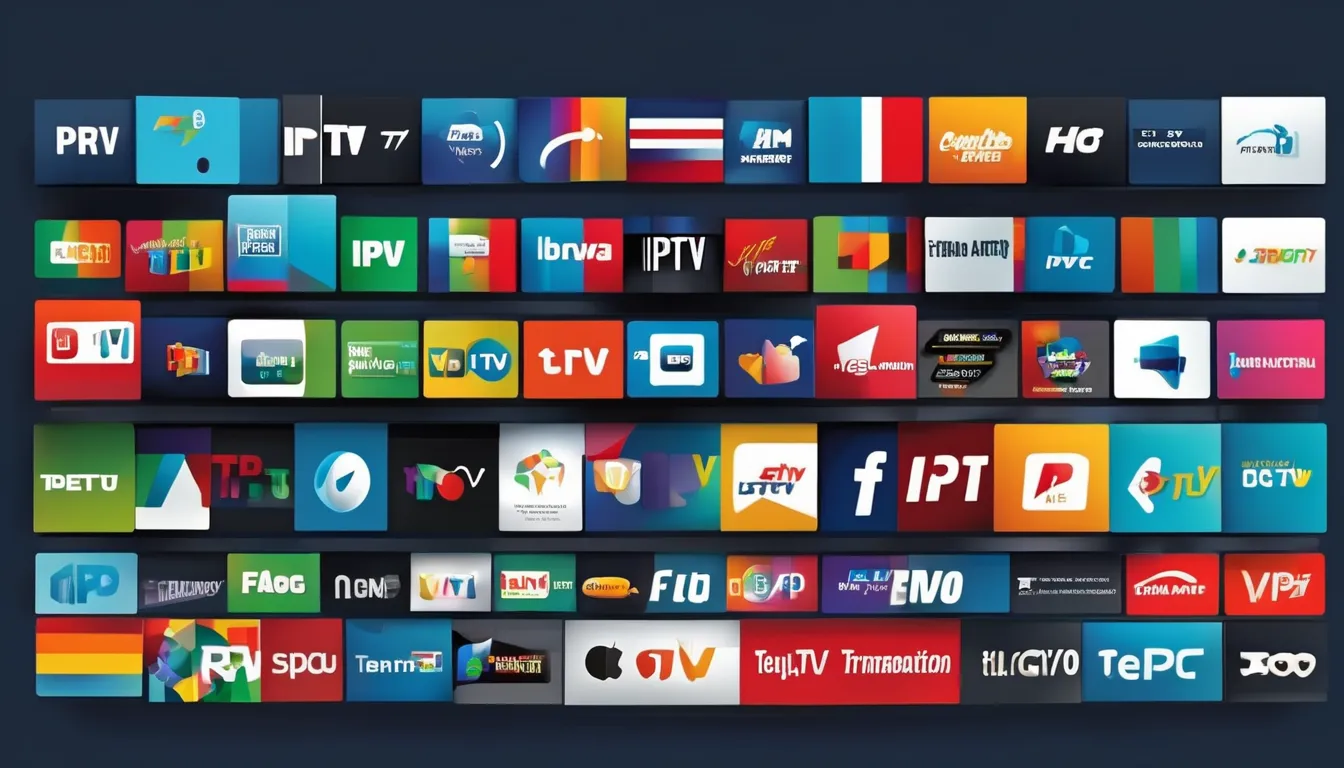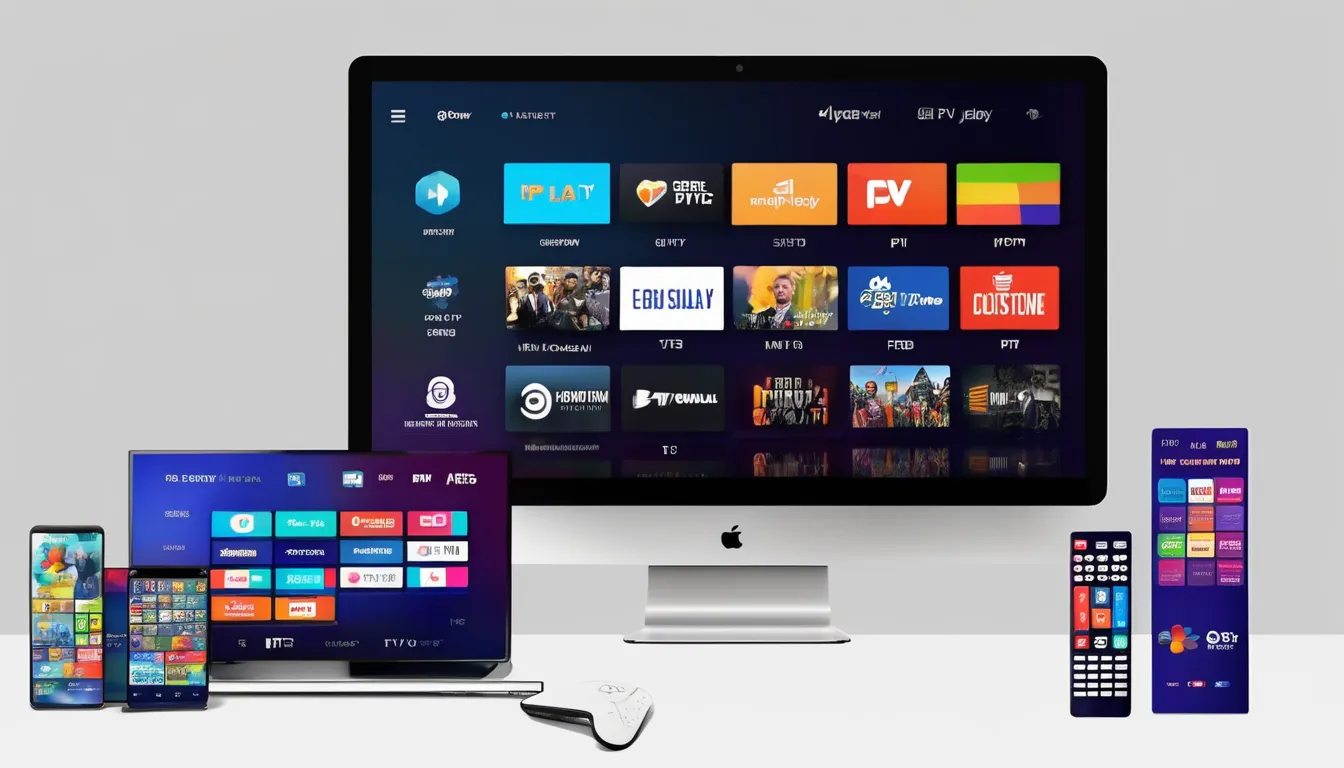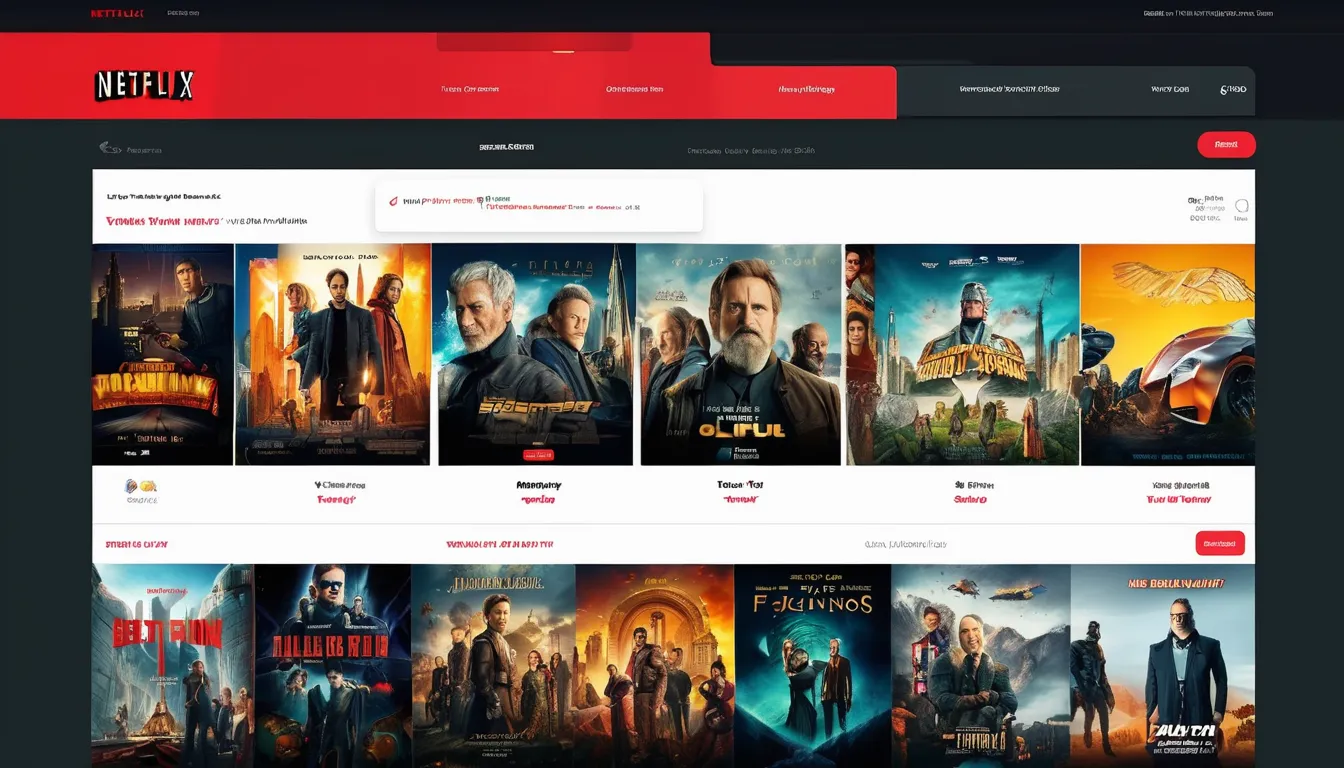When it comes to ensuring smooth IPTV streaming with minimal buffering, testing for speed is crucial. Starting with a basic internet speed check is just the beginning. But what about the intricacies of assessing your streaming device’s capabilities and optimizing your router settings? These factors play a significant role in your overall streaming experience. Stay tuned to uncover the detailed steps that can make a substantial difference in how you enjoy your IPTV content.
Check Internet Speed
To test IPTV streams effectively, the first step is to check your internet speed. This crucial step ensures that your connection can handle streaming without buffering interruptions.
Begin by running an internet speed test on a reliable website. Look for both download and upload speeds, as both are important for smooth IPTV streaming. Ideally, for high-definition content, you’ll want a download speed of at least 25 Mbps. However, keep in mind that multiple devices using the same network can affect this speed.
If your internet speed falls below the recommended threshold, consider upgrading your plan or optimizing your network setup. Additionally, try connecting your device directly to the router via an Ethernet cable for a more stable connection.
Assess Streaming Device Performance
Assessing the performance of your streaming device is essential to ensure smooth IPTV streaming. Start by checking the specifications of your device, such as its processor speed, RAM, and network connectivity options. Make sure your device meets the recommended requirements for streaming IPTV content without buffering issues.
Next, evaluate the condition of your device. Ensure that it’s updated with the latest software and firmware to optimize performance. Clear out any unnecessary apps or files that may be slowing down your device. Consider using a dedicated streaming device or a smart TV for an enhanced viewing experience.
Additionally, check the network connectivity of your streaming device. A strong and stable internet connection is crucial for uninterrupted IPTV streaming. Position your device close to your router or use a Wi-Fi extender to improve signal strength.
Regularly monitoring and maintaining your streaming device’s performance will help you enjoy high-quality IPTV streams without any interruptions.
Use Speed Testing Tools
Speed testing tools are invaluable when it comes to optimizing your IPTV streaming experience. These tools help you measure your internet connection’s speed and stability, ensuring that you have the necessary bandwidth for smooth IPTV streaming. By conducting speed tests regularly, you can identify any issues such as slow connection speeds or network congestion that may be causing buffering or poor video quality.
There are various speed testing tools available online that you can use for free. Websites like Ookla’s Speedtest.net and Fast.com by Netflix allow you to quickly check your internet speed with just a click of a button. Simply visit these websites on your streaming device and run the speed test to get an accurate measure of your current connection performance.
For optimal teste iptv gratis streaming, aim for a download speed of at least 25 Mbps per stream. If your speed test results fall below this threshold, you may need to troubleshoot your network or consider upgrading your internet plan to ensure a seamless streaming experience.
Optimize Router Settings
When optimizing your IPTV streaming setup, adjusting your router settings can make a significant difference in the quality of your viewing experience. To start, ensure that your router is placed in a central location within your home to provide optimal coverage. Check for any firmware updates for your router model and install them to enhance performance and security.
It’s also beneficial to use a wired connection whenever possible, as Ethernet cables offer more stable and faster speeds compared to Wi-Fi.
Consider prioritizing your IPTV device on the router’s Quality of Service (QoS) settings to allocate more bandwidth for streaming, reducing the chances of buffering. Additionally, enabling Quality of Service (QoS) settings can help manage network traffic and prioritize IPTV data packets for smoother streaming.
Adjusting the channel settings on your router can also minimize interference from other devices in your vicinity, improving the reliability of your IPTV connection. By optimizing your router settings, you can enhance your IPTV streaming experience with better speeds and reduced buffering interruptions.
Monitor Network Traffic
To effectively manage your IPTV streaming performance, monitoring network traffic is essential. By keeping an eye on your network traffic, you can identify any congestion or bottlenecks that could be affecting your IPTV stream quality. Tools like network monitoring software or apps can provide real-time data on your network’s performance, allowing you to pinpoint issues quickly.
Monitoring network traffic also helps you understand how different devices in your network are impacting your IPTV streaming. You can see which devices are consuming the most bandwidth and causing potential slowdowns. This information can guide you in optimizing your network setup for better IPTV performance.
Additionally, monitoring network traffic can alert you to any unauthorized devices connected to your network. By detecting these intruders early, you can prevent them from hogging bandwidth and degrading your IPTV viewing experience. Regularly monitoring your network traffic ensures a smooth and uninterrupted IPTV streaming experience for you and your household.
Frequently Asked Questions
How Do I Troubleshoot Buffering Issues Specific to My IPTV Service Provider?
To troubleshoot buffering issues with your IPTV provider, start by checking your internet connection speed, restarting your router, and contacting your provider for assistance. Ensure your device is updated and optimize your network settings.
Can Multiple Devices Connected to the Same Network Affect IPTV Streaming Quality?
Yes, multiple devices on your network can impact IPTV streaming quality. Ensure devices aren’t overwhelming your bandwidth. Optimize your network settings, consider a wired connection, or upgrade your internet plan for smoother IPTV streaming experience.
Is There a Way to Differentiate Between Network Issues and IPTV Server Problems?
To differentiate between network issues and IPTV server problems, you can perform a speed test. Check your network speed using online tools like Ookla. If speeds are good, the buffering might be due to the IPTV server.
What Are Common Reasons for Inconsistent IPTV Stream Quality Throughout the Day?
Throughout the day, your IPTV stream quality may vary due to internet congestion, server overload, or peak usage times. Check your connection, server status, and consider adjusting settings to optimize your viewing experience.
Can VPN Services Impact the Speed and Buffering of IPTV Streams?
Using a VPN may affect your IPTV stream speed and buffering. It can introduce latency and reduce bandwidth, causing interruptions. Consider testing your IPTV service with and without a VPN to observe any differences.
Conclusion
Now that you’ve tested your IPTV streams for buffering and speed, you can enjoy uninterrupted viewing of your favorite content. By ensuring a strong internet connection, optimizing your streaming device and router settings, and regularly monitoring network traffic, you can have a smooth and reliable streaming experience. Keep up with regular speed tests and updates to continue enjoying high-quality IPTV streaming.






